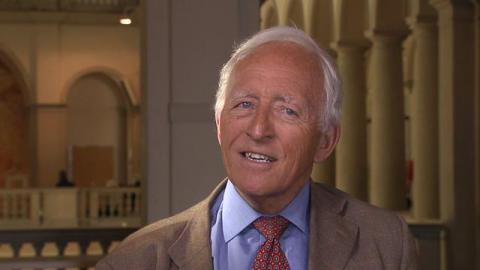To be absolutely clear, what Sonnenschein (1972), Mantel (1974), and Debreu (1974) showed is that there is no hope of a general result for stability, since the only conditions on the aggregate excess demand function that can be derived from even the strongest form of the assumptions on individual preferences are the well‐known four: continuity, Walras’s law, homogeneity of degree zero, and boundary conditions that guarantee that aggregate excess demand “explodes” if any price goes to zero. Since there are functions satisfying these conditions that are not stable with respect to the tâtonnement process, and that do not have a unique equilibrium, these properties cannot be guaranteed by the assumptions on individual characteristics. The full force of the Sonnenschein, Mantel, and Debreu (SMD) result is often not appreciated. Without stability or uniqueness, the intrinsic interest of economic analysis based on the general equilibrium model is extremely limited … “Comparative statics” in which one compares equilibrium and another one, predicated on a change in the parameters, makes no sense in the presence of multiple equilibria. The usual way out of this problem is to assume a “representative agent,” and this obviously generates a unique equilibrium.
Topics:
Lars Pålsson Syll considers the following as important: Economics
This could be interesting, too:
Lars Pålsson Syll writes Schuldenbremse bye bye
Lars Pålsson Syll writes What’s wrong with economics — a primer
Lars Pålsson Syll writes Krigskeynesianismens återkomst
Lars Pålsson Syll writes Finding Eigenvalues and Eigenvectors (student stuff)
To be absolutely clear, what Sonnenschein (1972), Mantel (1974), and Debreu (1974) showed is that there is no hope of a general result for stability, since the only conditions on the aggregate excess demand function that can be derived from even the strongest form of the assumptions on individual preferences are the well‐known four: continuity, Walras’s law, homogeneity of degree zero, and boundary conditions that guarantee that aggregate excess demand “explodes” if any price goes to zero. Since there are functions satisfying these conditions that are not stable with respect to the tâtonnement process, and that do not have a unique equilibrium, these properties cannot be guaranteed by the assumptions on individual characteristics.
The full force of the Sonnenschein, Mantel, and Debreu (SMD) result is often not
appreciated. Without stability or uniqueness, the intrinsic interest of economic analysis based on the general equilibrium model is extremely limited …“Comparative statics” in which one compares equilibrium and another one, predicated on a change in the parameters, makes no sense in the presence of multiple equilibria. The usual way out of this problem is to assume a “representative agent,” and this obviously generates a unique equilibrium. However, the assumption of such an individual is open to familiar criticisms (Kirman 1992; Stoker 1995), and recourse to this creature raises one of the basic problems encountered on the route to the place where general equilibrium has found itself: the problem of aggregation. In fact, we know that, in general, there is no simple relation between individual and aggregate behavior, and to assume that behavior at one level can be assimilated to that at the other is simply erroneous …
If we are interested in describing a stable system, then the arguments for the general equilibrium model as one that is informationally efficient are illusory. The very fact that we observe, in reality, increasing amounts of resources being devoted to informational acquisition and processing implies that the standard general equilibrium model and the standard models of financial markets are failing to capture important aspects of reality.

